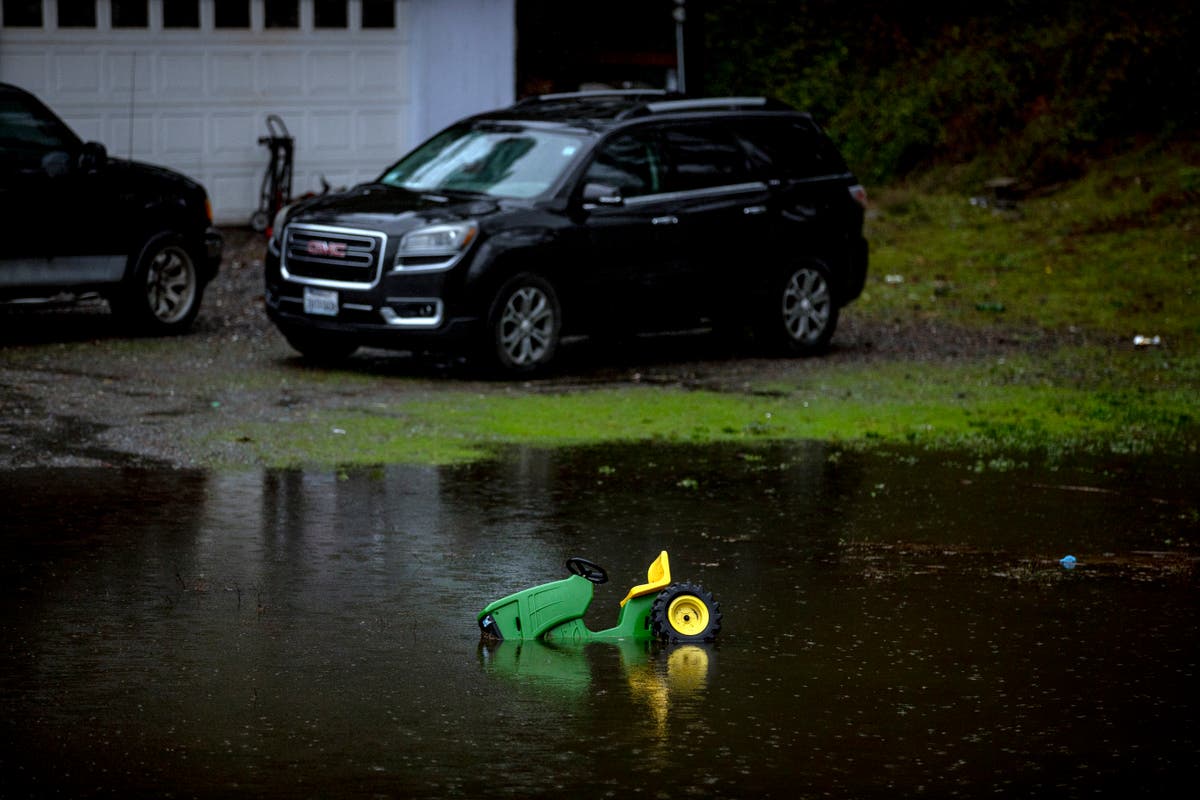
Anyone who has blackbirds in their garden this winter is being urged to put food out for them and report any issues because of a new virus which is putting them under threat. Blackbirds are among the most abundant birds in the UK, with estimates that there as many as six million breeding pairs and they are a common sight in gardens up and down the country. In winter, blackbirds stay in the UK rather than migrate, and so need to keep finding food in order to sustain themselves in the fallow and freezing winter months.
But in recent years, it hasn’t just been food which has put blackbirds under threat, but the appearance of a new virus too. The British Trust for Ornithology is warning of a decline in blackbird populations due to the appearance of the Usutu virus, a new mosquito-borne virus in the UK which can be fatal to the birds. The Trust said: “Blackbirds are a common bird in gardens across the UK, from rural areas to the hearts of cities.

However, in recent years and particularly since 2020, birdwatchers have reported fewer birds being seen in their gardens, especially in London. “This recent decline has been linked to the appearance of Usutu virus, a new mosquito-borne virus in the UK which is often fatal to blackbirds. “It was first detected in the UK in London in the summer of 2020, and appears to have since started to spread further in southern Britain.
It is prevalent on the near-Continent and its spread has been linked to climate change, which has benefited the mosquitoes which spread the virus.” The Trust says it wants to understand if the same decrease in blackbird populations recorded in London is happening in other parts of the UK too, and is appealing to people with gardens to take part in a survey to track blackbird numbers again when it reopens in 2025 - and you can find out more here. For now, garden and wildlife experts are urging people to help blackbirds by putting out food for them and ensuring they have enough to eat.
The Woodland Trust says: “Common and widespread across the UK, the blackbird population is currently stable, although it has seen periods of decline in the past. “One of the biggest threats is lack of food availability, particularly when the weather is dry. Leaving mealworms and ground feeder mix out on bird tables and planting bushes that attract caterpillars to your garden are great ways to help blackbirds.
”.














